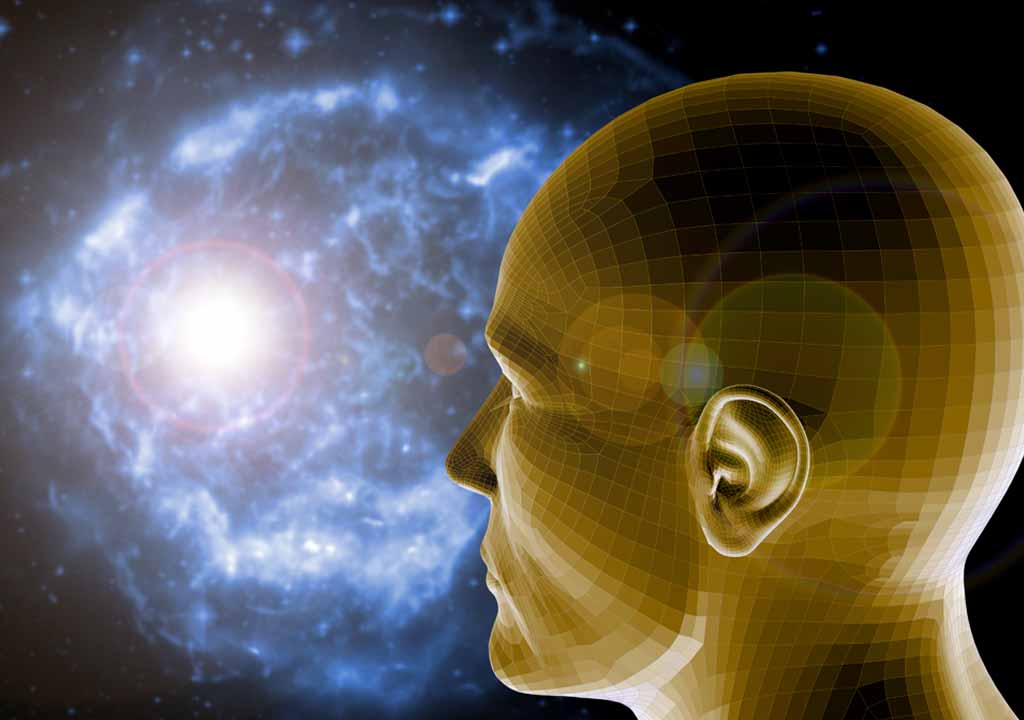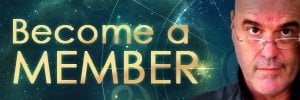Transportation systems would become much more sophisticated if we could have our way. Hyperloops would be widespread. Many cities could have hyperloops. The use of holographic displays will be general. While the mind upload would not be possible for another two or three decades, advanced 3D-printing technology would be common and affordable. While illegal in many countries, technology is still a long way off.
New Social, digital society
 What will society look like in 50 years? Modern society has been created by changing habits and new technology. However, the future social and digital culture will likely look very different. The digital objects that have entered our lives daily affect everything, from the self-service check out kiosks to how we pay our bills. Even our parcel delivery service depends on digital objects. Despite the convenience and benefits, there are potential drawbacks to such a society.
What will society look like in 50 years? Modern society has been created by changing habits and new technology. However, the future social and digital culture will likely look very different. The digital objects that have entered our lives daily affect everything, from the self-service check out kiosks to how we pay our bills. Even our parcel delivery service depends on digital objects. Despite the convenience and benefits, there are potential drawbacks to such a society.
Technological changes have made it more personal and conditional on delivering social policies. The payment rates depend more on geographical locations and risk/need profiles. The social policy used to be provided by human judgement. However, today complex algorithms and computer networks are taking over human judgment. This has implications for research in social policy. These are the implications of the digital age.
Co-design must be a priority in digital social policy. Today’s digital technologies are typically designed for the agendas of global technology firms and government agencies. Their imagined users – middle-class white men – reinforce social disadvantages. It is essential to involve people from diverse perspectives to find the best digital technology. Disability-related issues have long driven technology innovation. People with disabilities have been developing alternative technologies for their specific needs for long.
The universal wage and its social implications
The debate over the universal basic income has been gaining steam in recent years. While the idea of a universal basic income is not new, it is becoming more popular with the recent rise in concern about the future of work and automation. One of the latest books on this subject is Give People Money, by Annie Lowrey, an economic journalist. This book examines the fundamentals of money and its possible social implications. Two of the critical issues of this policy are also addressed by the authors: inequality and automation’s effects.
All adult citizens would receive the basic wage or universal minimum income. The basic salary would be accessible to all, regardless of their income and assets. It would also be available at the same rates to people with jobs and those without. But a basic income would also be less than enough to ensure that everyone enjoys a decent standard of living. U.S. Basic Income advocates are proposing a figure of $1,000 per month.
Theobald’s and Barry Jones’ proposal was designed to create a world with fewer jobs. It sparked a debate in Australia where Barry Jones promoted similar ideas. The Quaker, Dennis Milner, a social reformer, also advocated for a weekly unconditional allowance. But it took a decade for the basic income concept to get off the ground. This was because the economic climate at the time was not yet ready for it.
Find meaning in the modern world
We live in an age of extreme change. Our economic status has dropped, and our world has changed dramatically. We no longer have jobs that give us the same sense of purpose as we once did. Even worse, Americans are less likely to cite their job as their source of meaning. They also mention less travel, less financial security, and less family structure. Many Americans are unsure of where their purpose is in all these changes.
When we are still developing, our search for meaning will be most intense. Our careers are often our source of meaning, but other aspects of our lives also matter. More people cite spending time with family and friends, being active, reading, and caring for their pets as factors that give them meaning. The question then becomes: Where should we look for meaning now?
How to navigate in a dystopian future
You might wonder how you would navigate the dystopian future in 50 years if you read dystopian novels. While we are far from the future, dystopian fiction allows us to reflect on current concerns and fears. These novels feature characters who can overcome terrible circumstances while still finding joy in the dark. A dystopian novel might allow you to take a small piece of humanity and pass it on.
Our fears of unchecked government power and plague were the root of dystopian stories. In the case of the dystopia depicted in Aldous Huxley’s classic work, the fear of government control was evident. The publication of 1984 by George Orwell would make the idea of totalitarianism more common. Orwell discussed the roles of government and freedom in society.
John Stuart Mill coined the term “dystopia” in 1868. His words provoked strong reactions from anti-socialists and anti-utopian groups. It took 50 years for dystopian literature to take root in the public consciousness. However, he is the author of The Hunger Games, part of a trilogy that ends with Mockingjay.
The loss of individuality
 Although it is a temporary concept, the notion of society losing individuality isn’t new. It has actually been around for almost five centuries. As one counterculture author noted, the idea of individualism is still alive and well in American society. Counterculture, driven by anti-establishment ideas of a free society, has changed how we view education and social change. This helped shift how we view structural determinism as well as individual empowerment.
Although it is a temporary concept, the notion of society losing individuality isn’t new. It has actually been around for almost five centuries. As one counterculture author noted, the idea of individualism is still alive and well in American society. Counterculture, driven by anti-establishment ideas of a free society, has changed how we view education and social change. This helped shift how we view structural determinism as well as individual empowerment.
Studies of West-African cultural change show that the rise and fall in individualism are consistent in the United States. Greenfield and Twenge have both written detailed reviews of individuality. Several studies are related to Japan, but space limitations prevent me from discussing them in detail. This paper will only cover a small portion of these studies. This study highlights trends in individualism with particular attention to happiness and interpersonal relationships.
A study conducted on books assessed the rise in individualism within American culture. Researchers studied a vast database of books and used Google’s Ngram Viewer to analyze their use of individualistic words and pronouns. The researchers found a relatively high correlation between socioeconomic status and individualism. Many respondents chose independence over meaningful business engagement, while fewer people valued family over an important career.
Artificial Intelligence in the new world
The development of AI began in the early 1960s when computer scientists John McCarthy and David Rumelhart developed algorithms for “deep learning.” This process taught computers to learn from experience. Expert systems, developed by Edward Feigenbaum, mimicked the decision-making process of human experts. Eventually, these programs were widely used in industries. The government-funded research on AI, including a program called the Fifth Generation Computer Project, and the field of AI has seen a resurgence in recent years.
While AI increases productivity, it is also possible to predict where and how much productivity will be created. Baumol’s research provides insights into AI’s limitations. While AI adoption will eventually lead to higher GDP, sectors that experience fast productivity growth will decline in size. These sectors could even be less important in the future. Nevertheless, AI will bring many benefits, including personalized medicine.
AI will need to balance privacy and liability. Multiple producers will be involved in the development of AI products. If there is too much risk, companies may be reluctant to invest. Ultimately, it will be necessary to regulate AI to avoid super intelligence. Better regulation of AI would limit the number of companies involved in the process, reducing liability for firms that are not careful enough. AI is going to change the world as we know it.
About Dadhichi Toth, the Author

Dadhichi Toth is a revisionary astrologer who works with both Eastern and Western systems of astrology.
He is the founder and CEO of astrology.com.au and previous author of the best-selling astrology series of books for Harlequin Mills and Boon for 9 years.
📧 He can be contacted on [email protected]
🌌 For a personal consultation book here














